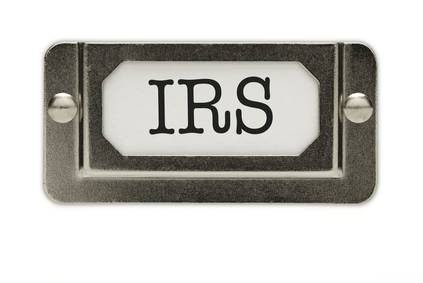 YES, there are.
YES, there are.
The Internal Revenue Service has proposed changing its fees for people who pay taxes in installments starting on January 1, 2017. Currently, the fee is a maximum of $120, and it will go up to $225. TaxLane regularly helps people work though all types of tax issues. If you are in a situation that may be impacted by this change, you can save some money by speaking with someone now regarding the resolution of any tax issue you may have.
We have found that there will still be a number of exceptions made for lower-income families. For example, the $43 fee for families of four with an income with around $60,000 or less will remain the same. Other savings will be offered to taxpayers who take advantage of such options as the direct debit program. The IRS has offered many of its services at a rate that is under the actual cost for the services, you just have to know where to look and…qualify.
Navigating the options can be a bit daunting. Getting help from someone or a firm that understands the IRS’s language and requirements will ensure the best outcome.
The actual proposed fees are as follows. Even if a person initially qualifies for one of the higher fee rates, they can reduce that by using one of the payment options that lowers the fee.
- A regular installment agreement will be $225 if it is made on the phone, in person, by filing Form 9465 or by mail.
- If the person then sets up a direct debit, the fee drops to $107.
- Making an online payment agreement reduces the fee to $149.
- Choosing direct debit when making an online payment agreement brings the fee down to $31.
- A restructured or reinstated installment agreement costs $89.
- The low-income rate remains $43.
Call a trusted professional to help you or take a look at (REG-108792-16), now available in the Federal Register to get more details about the coming IRS fee changes.


